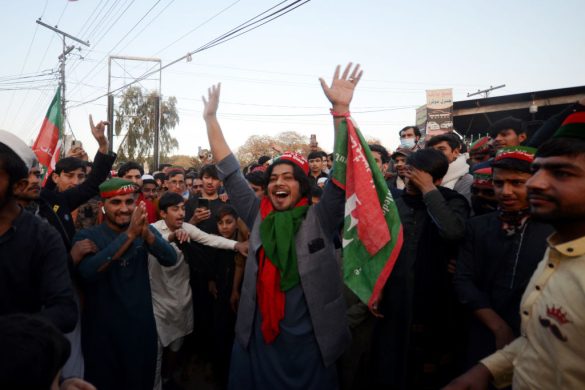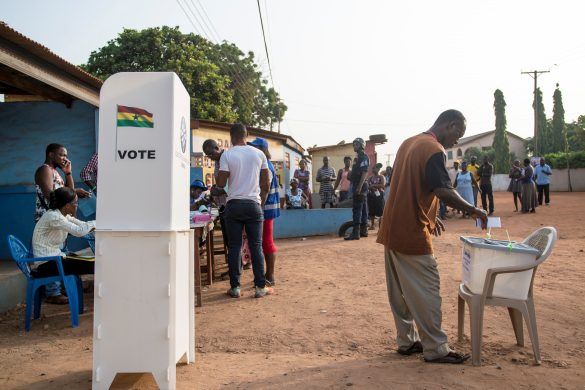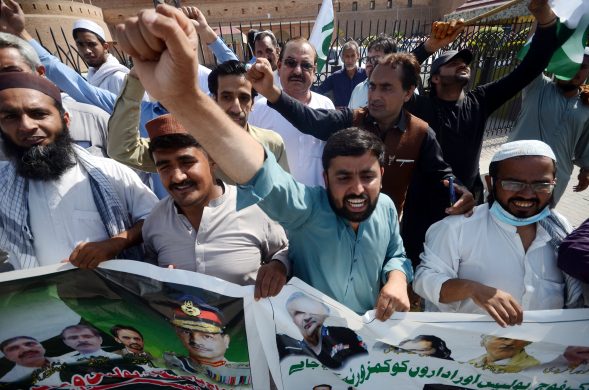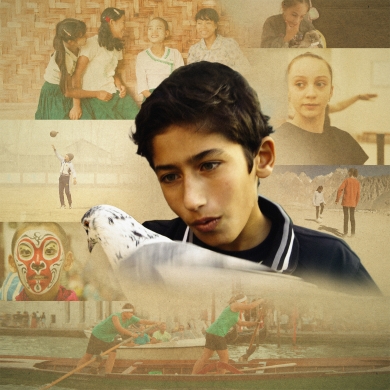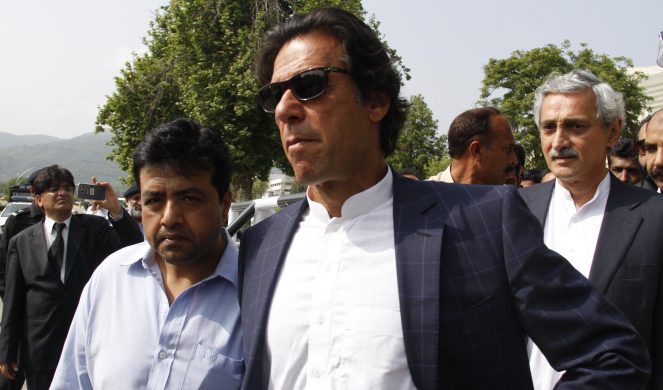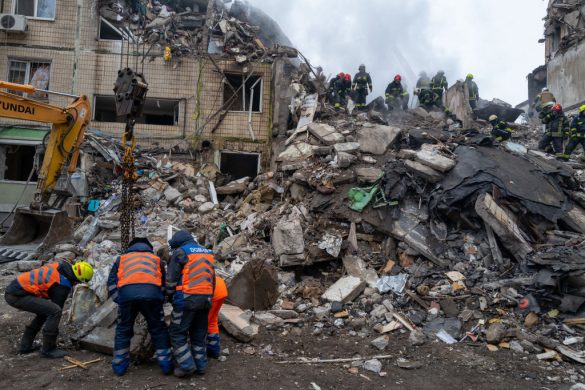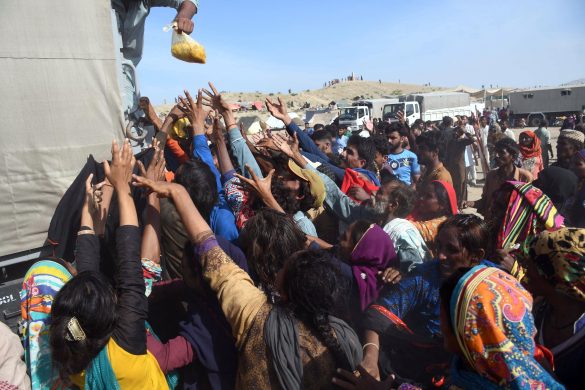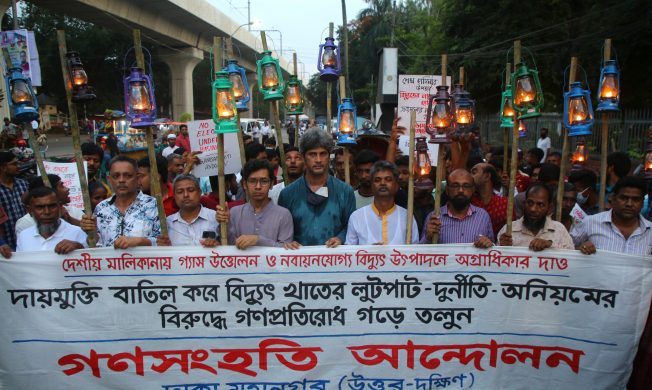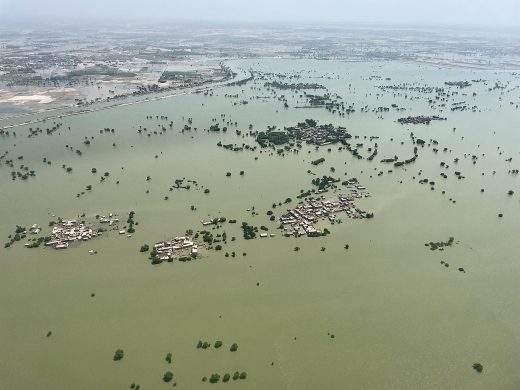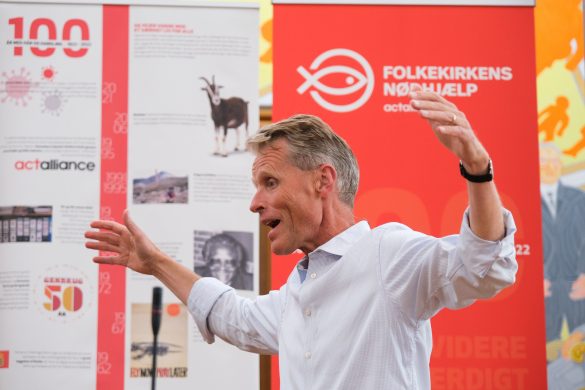Who is protecting and supporting the living arts after a conflict?
A new report on the effects of war and repression of musicians, performers and the public of Swat, Pakistan, published recently, reveals how artistic life and the cultural industry is still suffering immensely after the Taliban were ousted more than seven years ago.
To this day public concerts have almost ceased in Swat. Prolonged unstable conditions have resulted in the dwindling of professional musicians' families – once a major feature of cultural life in the region. The number of these professional families has fallen drastically, from 80 in the 1980s to 25 today.
Due to fear of terrorists, shopping complex owners no longer allow the trade of CDs. Close to 200 CD shops have closed in Swat, only a dozen remain open.
The material reveals that although music slowly returned to Afghanistan after the Taliban regime in Afghanistan was overthrown, a renewed wave of terrorism began on the Pakistani side of the border.
Cinema houses and exhibition centres were set on fire. Billboards that displayed images of women were smashed. CD and DVD shops were bombed.
"When the world talks about the destruction of cultural heritage by militants, there is a tendency to focus on sculptures, museums and monuments," said Ole Reitov, Freemuse Executive Director in Copenhagen, Denmark, adding:
"The report shows how important it is that we address the huge impact conflicts have on the living heritage, the music, dance, cinema and other artistic expressions and the general publics right to acces arts and culture. "
Cultural expressions halted
Music activities in the Swat Valley, once known for its rich music and dance traditions, were completely banned after Muttaheda Majles-e-Amal (MMA), an alliance of six ultra-conservative religious parties, came into power in the then North West Frontier Province (NWFP) from 2002 to 2007.
During this period, the Taliban consolidated their hold in the region and severely punished people related to the music industry.
Although their public support had collapsed by 2008, in cultural terms the five years of MMA rule literally halted cultural expressions and proved suicidal for music.
The only concert auditorium in the province, Nishtar Hall in Peshawar, stopped all its cultural and entertainment activities. The informal music institutions of Banr, Swat and the Dabgarai bazaar in Peshawar became victims of police harassment on a daily basis.
Revival of the living art
"Governments and donor organisations should not only focus on safeguarding and restoration of monuments and heritage sites but equally support the revival of the living art and the artists' communities, which has suffered immensely as an effect of conflicts and wars. Swat Valley would be a good place to start," Mr Ole Reitov said.
The Taleban was finally ousted from Swat in 2009 in a comprehensive military operation, but the lack of action of the Pakistani government to support the development of cultural industries, together with the lack of a strategy on the part of the incumbent provincial government to redress the situation, has washed away hopes for the revival of music and cultural life in Swat.
"The incumbent provincial government claims high for the revival of cultural life but in actual they drag far behind in stepping towards the goal. They have even failed in formulating a cultural policy. If true and long lasting peace is meant in Swat, the lost socio-cultural spaces need to be regained", said Muhammad Rome, Pakhtunkhwa Cultural Foundation Executive Director.
Written by Muhammed Rome, the report and five videos were published 29 June 2016 simultaneously by Freemuse and Peshawar-based Pakhtunkhwa Cultural Foundation (PCF).
» Read the full report:
www.freemuse.org/wp-content/uploads/2016/06/Swat-report2016.pdf
» Watch videos statements:
www.freemuse.org/archives/12305


